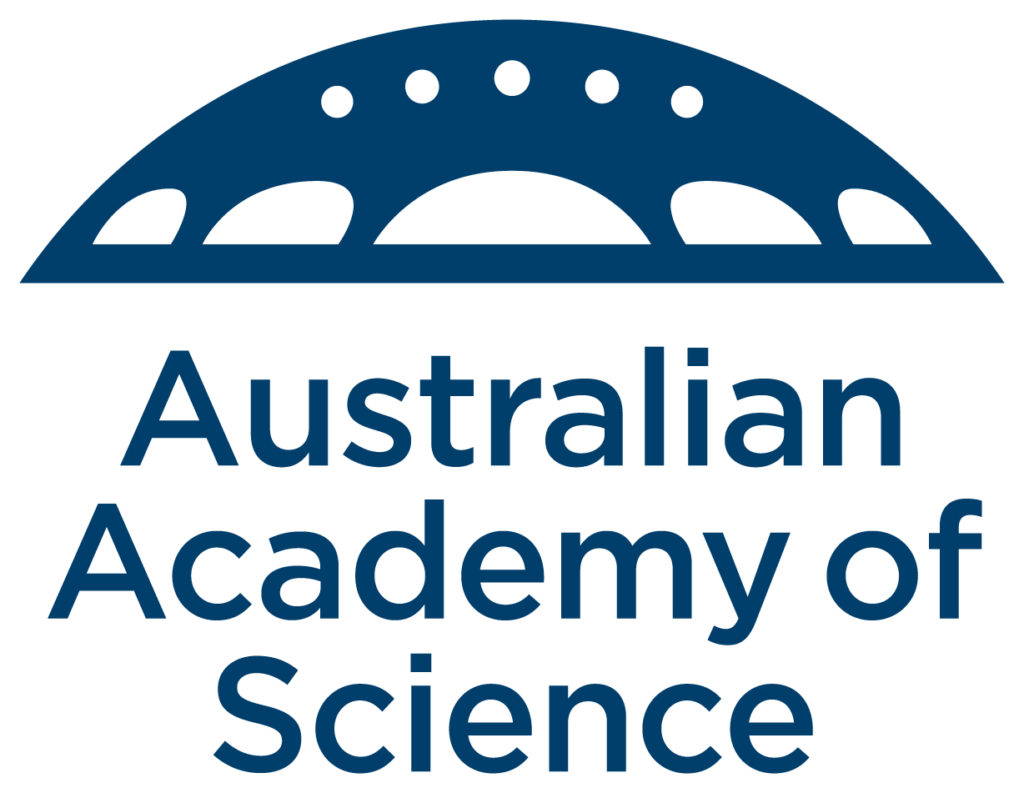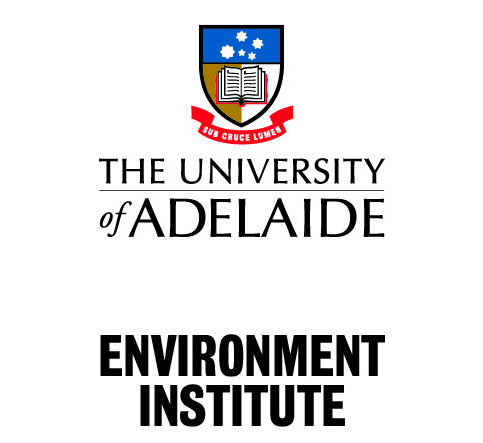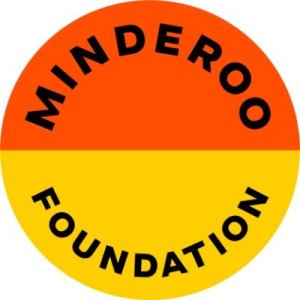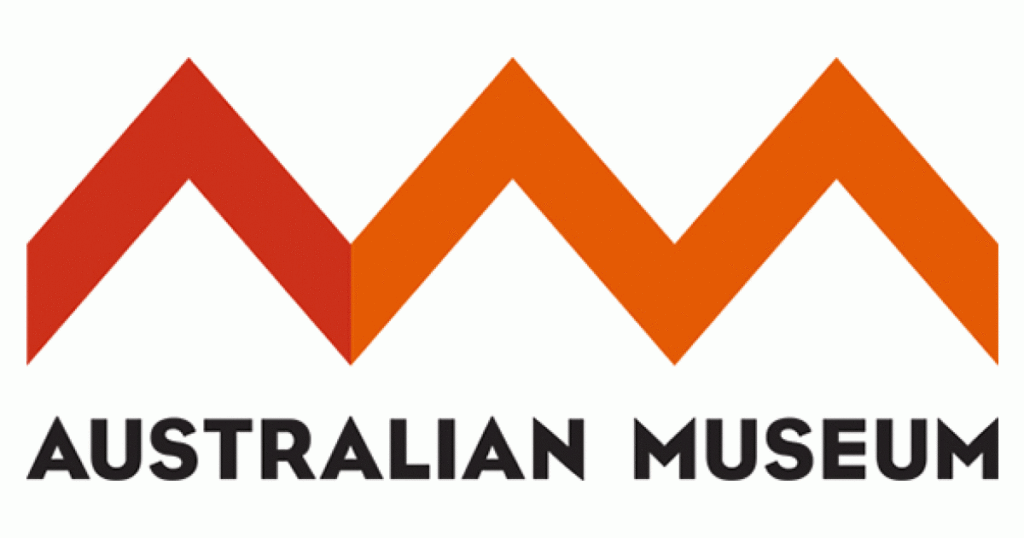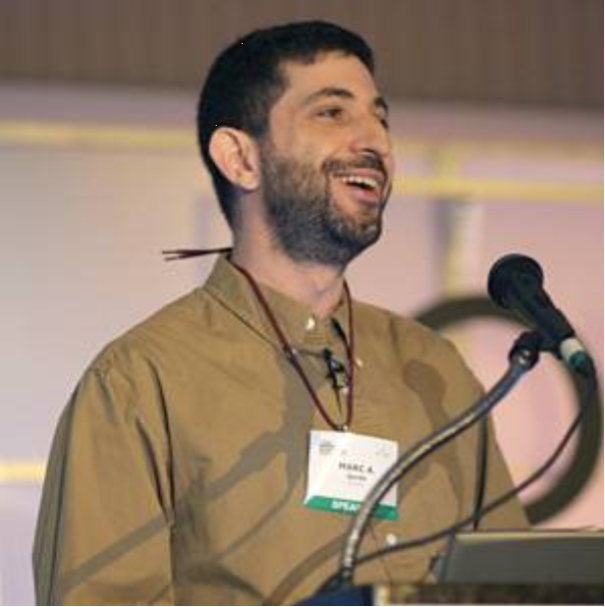
The event centred around three themes
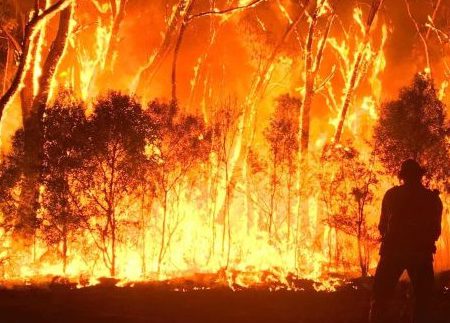
Disaster Response
October 14 | 7pm AEDST
The world has faced unprecedented challenges over the last 12 months. This theme will celebrate and explore the unique platform that citizen science provides for the collection of diverse and comparative data and how the unification of global citizens through science can improve our ability to recover from extreme events.

Innovation in citizen science
October 28 | 7pm AEDST
New approaches and technology are pushing the boundaries of the ways that citizen science can contribute to a range of social and ecological outcomes. This theme will unite cutting edge enabling technologies with citizen science approaches and highlight opportunities for new research.
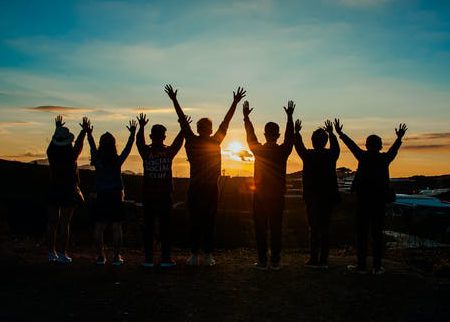
Connections and Partnerships
October 21 | 7pm AEDST
Connections are at the core of citizen science, which brings together a diverse array of people to share science and creativity through collaboration. This theme will focus on powerful examples of citizen science as a way to connect and foster impact.
Our event sponsors
Find out more about the event speakers
EMCR (Early-Mid Career Researcher) Symposium
Session 1: Research using citizen science data
Key note speaker
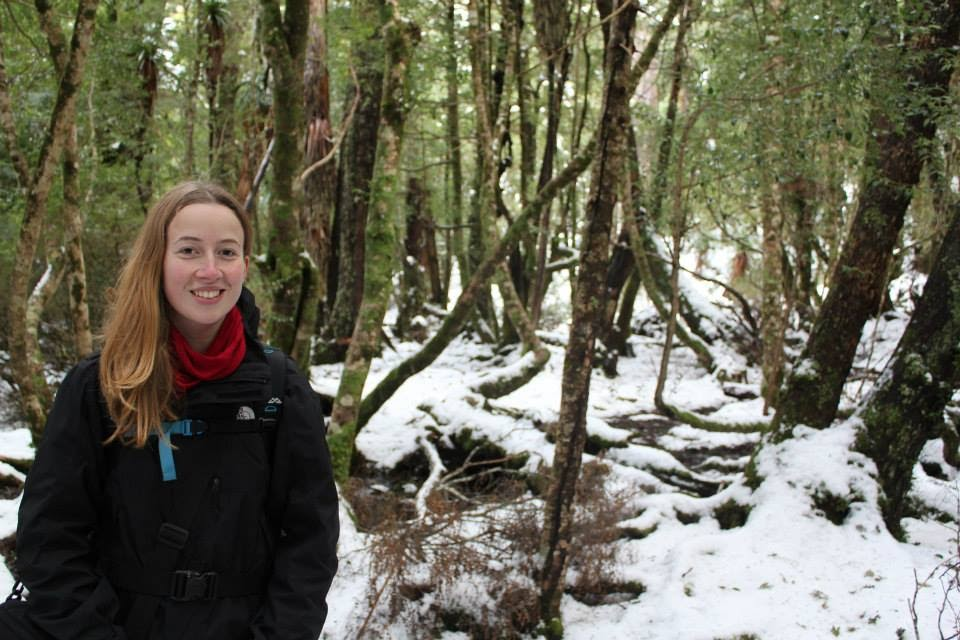
Maggie Riddington
Co-founder and former-president of Wildlife of the Central Highlands (WOTCH)
Maggie is the co-founder and former-president of Wildlife of the Central Highlands (WOTCH), a volunteer-run citizen science community organisation working to protect threatened wildlife in the forests of Victoria. Maggie originally trained as an ecologist studying cool temperate rainforest, but turned her love for nature, forests and climate justice from a career in research to one in advocacy. She now works at the Australian Conservation Foundation as a community organiser.
Twitter: @WOTCHinc
Facebook: vicwotch
Instagram: https://www.instagram.com/wotch_inc
Website: Wotch.org.au
Keeping WOTCH: how citizen science and shared passion protects Victoria’s precious forests
Victoria’s magnificent mountain ash forests – home to unique wildlife and crucial carbon stores – are under threat from logging. Their protection has often depended on the actions of citizen scientists who are determined to save them.
Over the years, a volunteer-led community organisation called Wildlife of the Central Highlands (WOTCH) has used citizen science to protect over 2000 hectares of Victoria’s native forests.
Learn about WOTCH’s citizen science work, their unique methods of data collection and the powerful impact citizen science can have in catalysing broad-scale change in nature conservation.
Lighting talks

Dr. Samantha rowbotham
Health Policy at the University of Sydney
Dr Sam Rowbotham is a Lecturer in Health Policy at the University of Sydney. She currently leads a program of research with the Australian Prevention Partnership Centre exploring the potential of citizen science approaches as a means of engaging the public in research, policy and practice in chronic disease prevention.
Twitter: @samrowbotham
LinkedIn: https://www.linkedin.com/in/samantharowbotham/?originalSubdomain=au
Harnessing the power of citizen science for prevention
Citizen science is increasingly gaining traction in public health due to its potential to provide new perspectives on problems and solutions, monitor policy and program implementation, obtain difficult to access data, and mobilise support for action. However, little is known about how policy and practice stakeholders in Australia perceive citizen science approaches in prevention, whether and how they value data collected by community members, to what extent these approaches can be used by policy and practice stakeholders to address the needs of their organisations, and what resources and support stakeholders require. I will introduce a project in which we are supporting policy and practice partners to develop and implement citizen science projects in their own contexts and undertaking a comprehensive evaluation to explore the feasibility and impacts of policy and practice stakeholder-led citizen science approaches, with the goal of better supporting the use of citizen science in prevention.
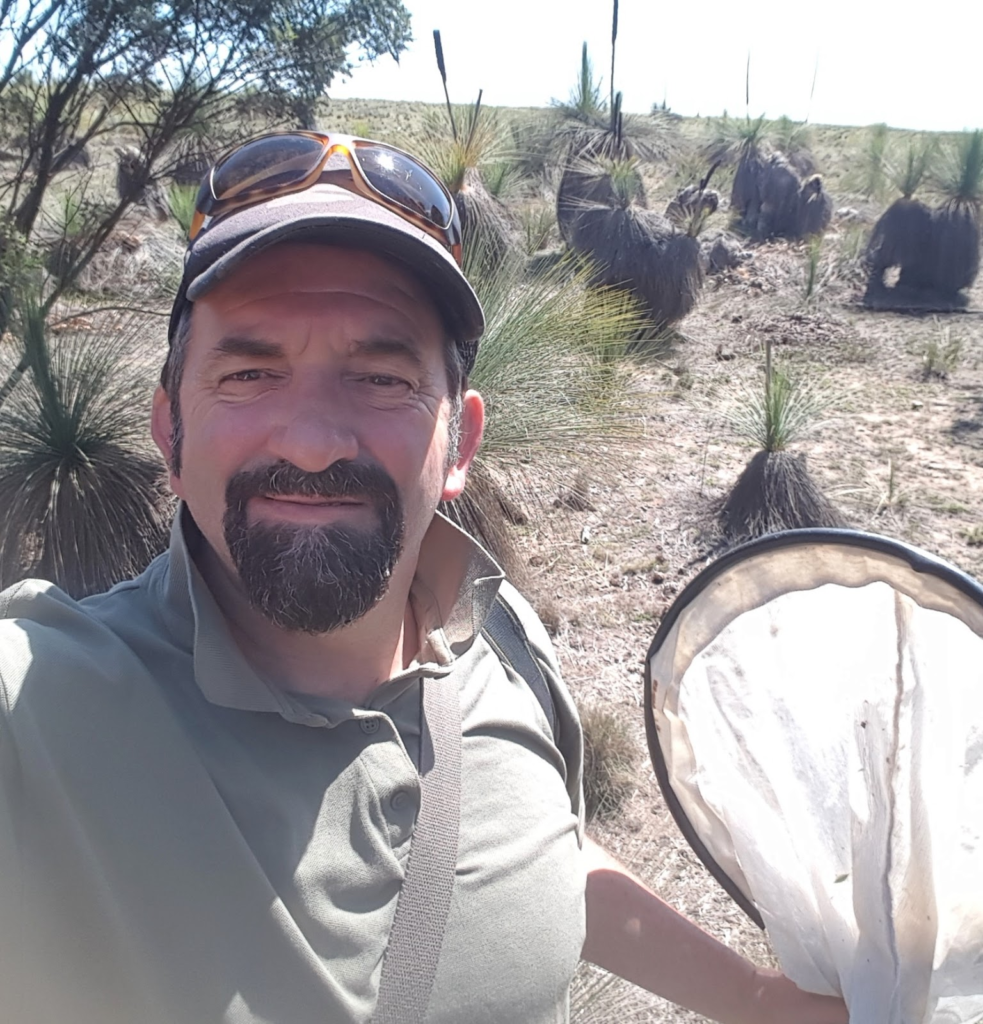
Stuart Harris
Superb parrot conservation specialist for Questacon
Stuart is a grassroots Citizen science proponent who came to notice after accidentally discovering a new species of peacock spider back in 2008. He cut his teeth in CS as a bird watcher back in the mid 90s, gave ten years to spider observations and recently has entered the realm and culture of Coleoptera, primarily the observation and recording of jewel beetles. Stuart has led many BioBlitz and birding groups and is a strong advocate for CS where he has been interviewed widely, and has given talks to a broad range of audiences. Stuart is currently employed by Questacon and is a field technician specialising in Superb parrot conservation and ecology. He also volunteers at the Australian National Insect Collection at CSIRO Black Mountain. A keen photographer and cyclist, Stuart lives with his wife Jeab in Canberra.
LinkedIn: https://www.linkedin.com/in/stuart-harris-b9451079/
PAIRing Science and Citizen science
Citizen Science (CS) is a relatively new term for an age old pastime. Since this term was coined (1995) the world has changed drastically, especially in regard to climate change and world economies. More pressure is on Science to come up with the answers yet less funding and resources are being allocated to it. Costly field work, the mainstay of science, is on the decline though this is where CS may be able to help; at what cost? There is no pay involved with employing the broad resource of CS where its ‘capital’ is primarily pure human endeavour. How do we reward this human effort with particular emphasis on the emotional, mental and even spiritual planes!?
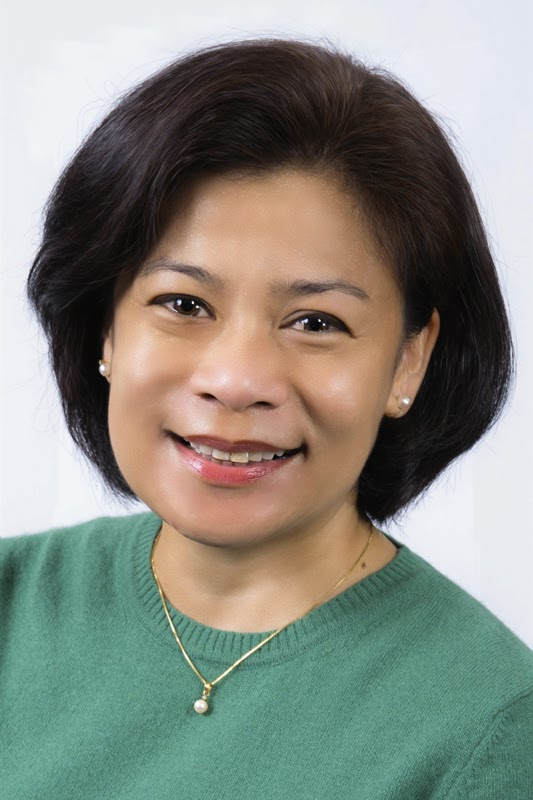
Dr Mary Myla Andamon
Senior Lecturer in Construction Management at the School of Property
Mary Myla Andamon is Senior Lecturer in Construction Management at the School of Property, Construction and Project Management, RMIT University. As a building science researcher, Myla works on a range of research and consulting projects on indoor environmental quality, indoor/outdoor thermal comfort, urban microclimate, building environmental monitoring and performance assessments, building modelling and simulations and building energy efficiency. Currently, Myla is working on research projects which involve the assessment of indoor air quality in schools and aged-care facilities. Myla is also chief investigator in a citizen science project on the measurement of urban heat island and local climate change. Involving over 1200 citizen scientists from 22 local councils across Australia, the project empowers citizen scientists by including them in the research process and increasing scientific literacy and understanding of scientific methods in urban climate research.
Twitter: @DrMMAndamon
LinkedIn: www.linkedin.com/in/marymylaandamon
Investigating thermal comfort and energy impact through microclimate monitoring – a citizen science approach
The impact of extreme heat on human health, productivity, energy and infrastructure is well documented. Although Australia has always had heatwaves, hot days and bushfires, climate change is increasing the risk of frequent and longer heatwaves and more extreme hot days. Heat stress related to high temperatures lead to increased rates of mortality and morbidity. Most studies on heat related mortality and morbidity generally use temperatures from weather stations that do not consider the urban heat island (UHI) effect, leading to inaccurate predictions. The deficiency of large-scale experimental studies on urban microclimate can mainly be attributed to the complexity and variability of outdoor environments which would require extensive resources for scientific measurement. Citizen science enabled a cost-effective way of collecting microclimate data for urban heat island mitigation and adaptation. The interaction of building scientists with citizen scientists allows for public education and engagement in science and built environment research.
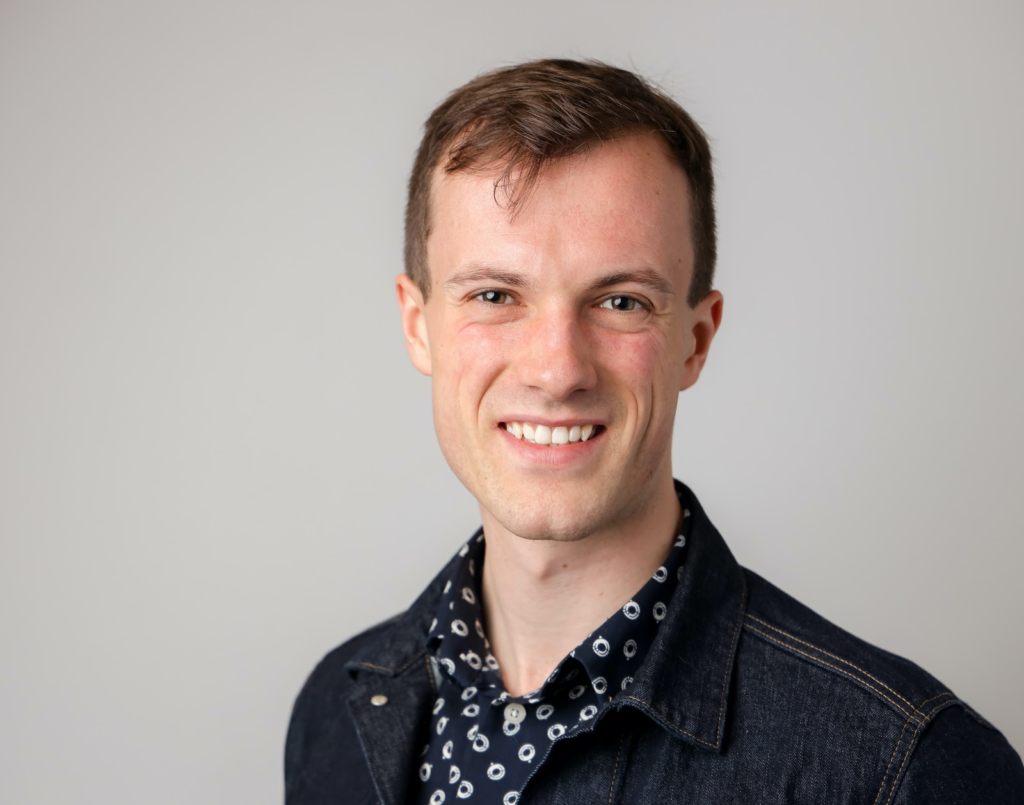
Tim Kariotis
Research fellow for the Melbourne School of Government
Timothy Kariotis is a Research Fellow in Regulation & Design at the Melbourne School of Government and a PhD Candidate at the School of Computing and Information Systems (UniMelb). Tim’s research interests include participatory data governance in healthcare and urban spaces, digital mental health technologies, co-designing health services, and privacy by design. Tim also collaborates with Saxion University (Netherlands) as a mentor to students in the Smart Solutions Lab. Working with the Smart Solutions Lab has involved developing a number of projects involving emerging technologies and citizen engagement.
Twitter: @TimothyKariotis
Session 2: Researching with Citizen Scientists and Running Citizen Science Projects
Key note speaker
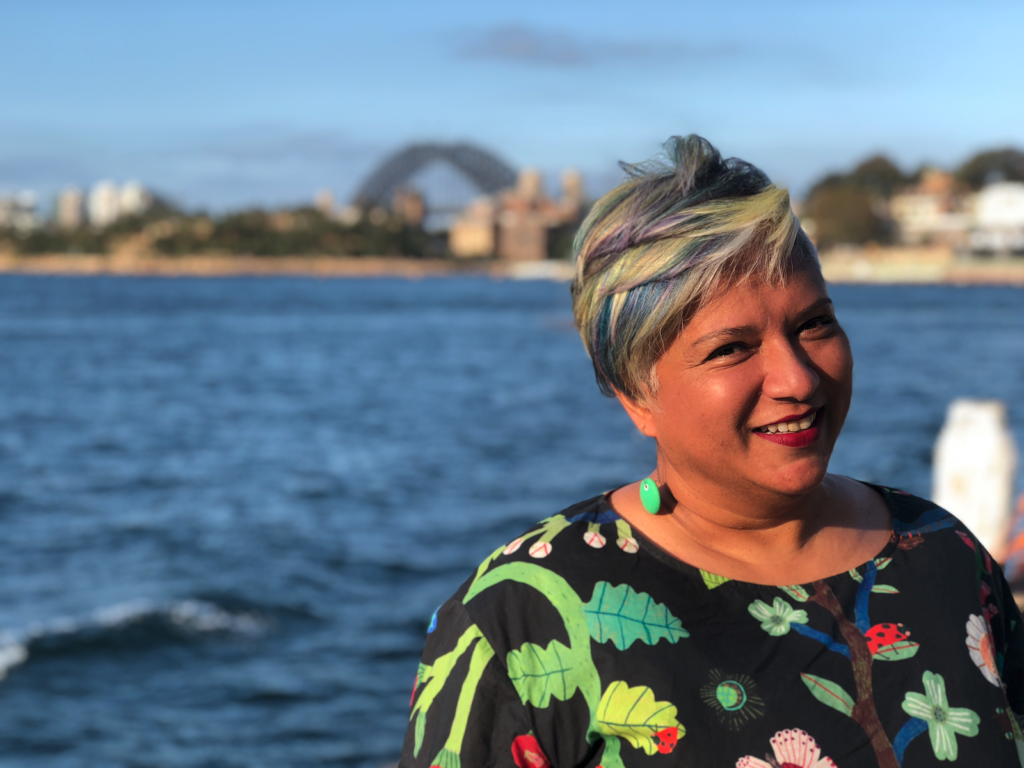
Dr Ruth DeSouza
Multidisciplinary educator, researcher and consultant
Dr Ruth DeSouza is a highly experienced multidisciplinary educator, researcher and consultant, specialising in cross cultural engagement, cultural safety, and the interface of digital technologies within CALD communities. Her background is in nursing where she has extensive experience as a clinician, researcher and academic in New Zealand and Australia. Ruth is a 2020 RMIT Vice Chancellor’s Fellow, based in the School of Art and a member of the Design and Creative Practice Enabling Capability Platform (ECP). Her fellowship project aims to engage health professionals in finding new ways to understand, co-design and implement sustainable cultural safety initiatives in a range of health contexts.
Twitter: @DeSouzaRN
LinkedIn: https://www.linkedin.com/in/ruth-de-souza-18975a1/
Research can change the world, but how it is undertaken is not always beneficial. First Nations critiques of Western science have suggested that many aspects of research resemble colonial processes and are extractive, taking raw contextualised material from people, and making them abstract and universal for the benefit of researchers or institutions. Building on participatory action research and community-based participatory research (CBPR) methods, where researchers collaborate with community partners to investigate issues, citizen science offers a new iteration of co-producing knowledge and participating in the scientific archive outside the university. However, there are also concerns that a participatory agenda is the outcome of reduced funding, and that underfunded research institutions are using unpaid labour to produce knowledge for no cost. This presentation covers principles for working with community partners in authentic, collaborative, sensitive and culturally safe ways.
Lightning talks
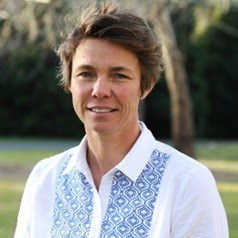
Dr Emilie Ens
Cross-cultural ecologist and lecturer in Environmental Management at Macquarie University
Dr Emilie has worked for 12 years with Aboriginal Ranger groups and communities in Arnhem Land, and more recently Nth NSW, to co-develop cross-cultural environmental monitoring tools. She has co-authored many publications including a 46 author multilingual field guide on cross-cultural and collaborative approaches to science. With the Ngukurr Wi Stadi Bla Kantri (We Study the Country) Research Group, she won the 2017 Eureka Prize for Innovation in Citizen Science.
Twitter: @EmilieEns @MQEarthEnv @cachemq @Macquarie_Uni
LinkedIn: https://www.linkedin.com/in/emilie-ens-2595025a/?originalSubdomain=au
Cross-cultural collaborative science with Australia’s first scientists
Aboriginal people were and are Australia’s first scientists and hence are not technically citizen scientists from their perspective. Our cross-cultural and collaborative approach to research is pushing the frontier of citizen science to consider all people as scientists, people who ask questions and study things. Science should not be the exclusive domain of those who have a Science degree. In this talk I will briefly discuss our collaborative biocultural research in Arnhem land with Aboriginal Rangers, schools and communities and how with a focus on delivering mutual benefits, we can have outcomes for science, culture and community development.
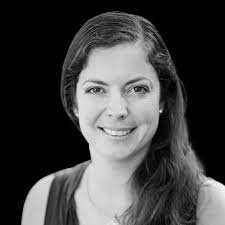
Fam Charko
Marine biologist (MSc) specialising in ecology, nature conservation and marine plastic pollution
Fam is a marine biologist (MSc) with specialisations in ecology, nature conservation and marine plastic pollution. Fam helps people connect to nature through science, storytelling and immersive experiences into their local environment. She leads several marine research projects for the Port Phillip EcoCentre, helping volunteers become skilled citizen scientists and contributing to a growing body of research on the health of Melbourne’s big rivers and Port Phillip Bay. She is a passionate science communicator and uses science literacy to empower local communities in change-making.
Fam is a Fellow of the Centre for Sustainability Leadership in Melbourne. She is also SCUBA instructor and radio co-host on Radio Marinara, a weekly show about all things marine on 3RRR Community Radio.
LinkedIn: https://www.linkedin.com/in/famcharko
Website: www.ecocentre.com
How to design quality citizen science projects: a balance between science and people
Citizen science projects that are used for change making need to provide high quality scientific evidence, as well as incorporate the invaluable relationships with their volunteers. Although historically volunteers have not always been taken into account in the design process, the most successful projects have a balance of both. The EcoCentre has developed a free Citizen Science Rubric that helps citizen scientists evaluate their existing projects, as well as design new, quality projects.
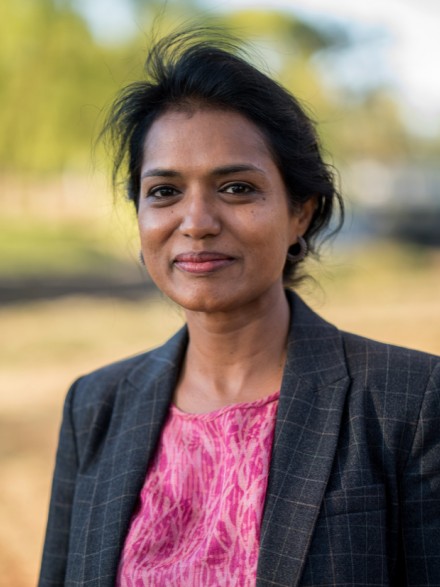
Mallika Robinson
Co-Founder and Chief Science Officer, QuestaGame
Mallika Robinson completed her doctoral program from UNSW in Information Systems (Design of Technology-mediated Participation Systems) and is a cofounder of QuestaGame. She has co-authored seven patents in the field of information retrieval and knowledge trading. Originally from India, she understands first-hand the anthropomorphic pressures on our planet’s biodiversity and the urgent need for addressing these via solutions grounded in economics.
Website: Bioexpertise.org; www.questagame.com
Design of Participatory Systems for the Commons
I will touch upon how QuestaGame – a mobile, read-world adventure game – uses design to engage participants and promote a culture of inclusivity to achieve its mission of mapping all life on Earth.
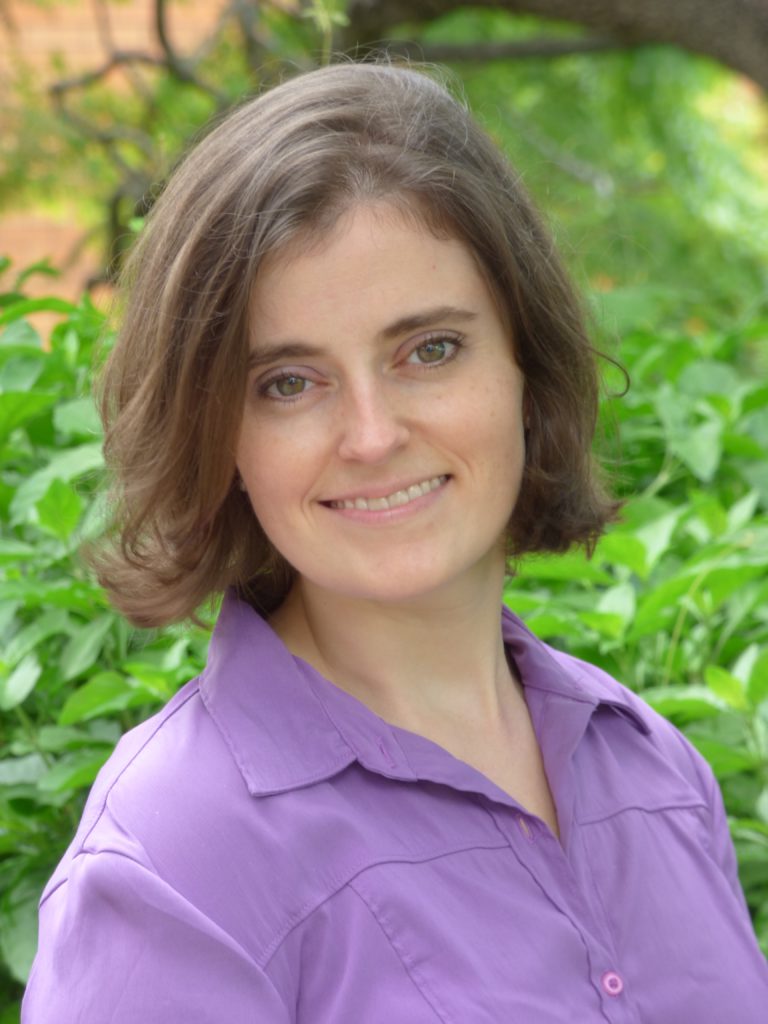
Jessie L. Oliver
PhD candidate, Queensland University of Technology
Jessie Oliver is passionate about engaging people with nature and saving species through ecology, science communication, and environmental education. She learned that citizen science could do all of these while working as an educator at the Cornell Lab of Ornithology. Returning to Australia in 2014, she helped found the Australian Citizen Science Association and is currently their International Liaison. Realizing technology’s role today in communication and information sharing, Jessie delved into interdisciplinary PhD research at Queensland University of Technology exploring how to create technologies that are both fun for citizen scientists and informative for wildlife conservationists. During this research, she has worked closely with the Northern Working Group of the Eastern Bristlebird Recovery Team to trial acoustic sensing with bristlebirds to better understand technological needs for supporting conservation of the species.
Twitter: @JessieLOliver
LinkedIn: https://www.linkedin.com/in/jessieloliver
Research Gate: https://www.researchgate.net/profile/Jessica_Oliver3
Researching With Citizen Scientists to Co-Design Technologies that Support Saving Sneaky Wildlife Species
Technologies are central to citizen science, from interfaces of applications that collect and analyse data, to platform infrastructures. The design of such technologies influences how people participate and what they do. I will share an approach to designing technologies that illuminates opportunities, challenges, and practical considerations. Over the past several years I have worked closely with a species recovery team to explore how acoustic sensing and citizen science may support conservation of brown, furtive, and endangered Eastern bristlebirds. Together, conservationists and I deployed acoustic sensors and explored data collected, which revealed barriers and opportunities for using audio recordings to support efforts to save the species. I also co-designed with citizen scientists to explore engaging and useful ways to interact with audio recordings. Collectively, this research revealed the importance of providing contextual experiences and creativity with audio.
Session 3: Research about citizen science
Key note speaker
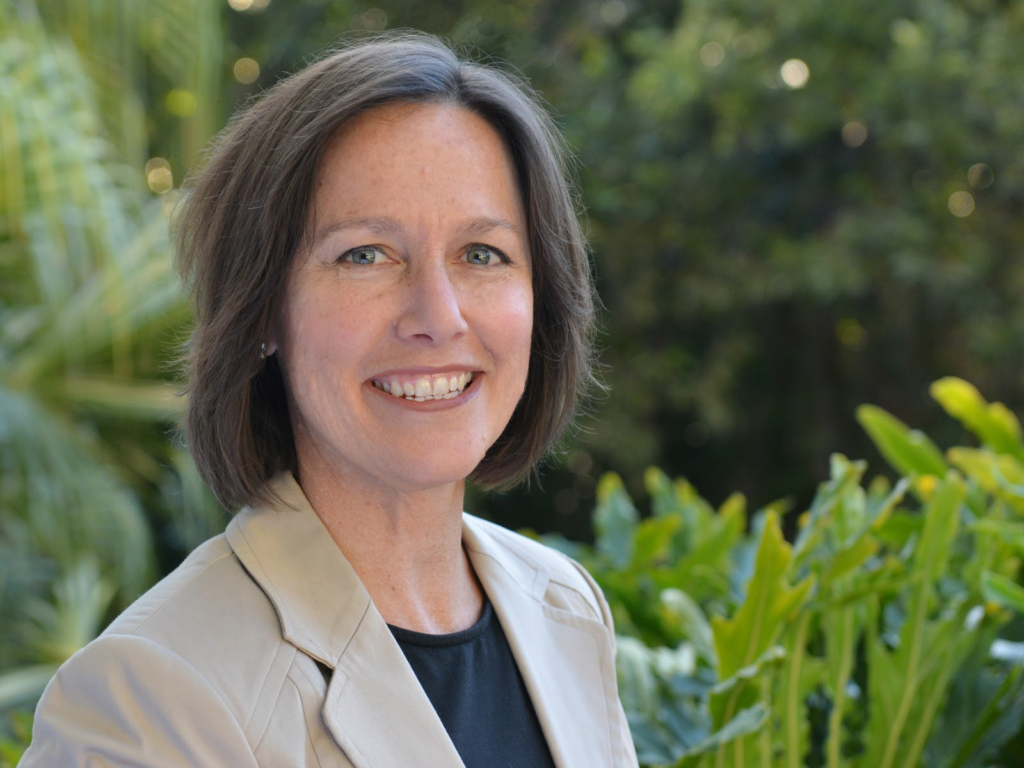
Dr Vicki Martin
Research fellow for the Queensland University of Technology
Vicki is an environmental social scientist with research interests in communication, human behaviour, and public engagement in environmental issues. Her PhD in science communication explored the role of marine citizen science for improving Australians’ engagement with science more broadly. This work led to her selection in 2017 as the first social scientist in the prestigious Rose Postdoctoral Program at the Cornell Lab of Ornithology – home of world-leading citizen science projects. Vicki’s research at the Lab helped identify barriers to participation of diverse audiences in citizen science, improved the Lab’s understanding of the different needs and interests of key target audiences, and realised the value of social scientific research in evidence-based engagement strategies. Vicki is currently based at QUT as a Research Fellow, and is also collaborating with marine scientists in Chile on a large-scale marine debris citizen science project across 11 Latin American countries on the Pacific Coast.
Twitter: @MarineSciComm
Research perspectives on Citizen Science: Assumptions and evidence of societal impacts
What are some of the widely-held assumptions about the impacts of citizen science on society? And what does the evidence suggest? This presentation briefly explores the role and value of research on the practice of citizen science to examine whether the field is achieving the (sometimes lofty) aspirations for engaging people in evidence-based explorations of the world around them.
Lighting talks
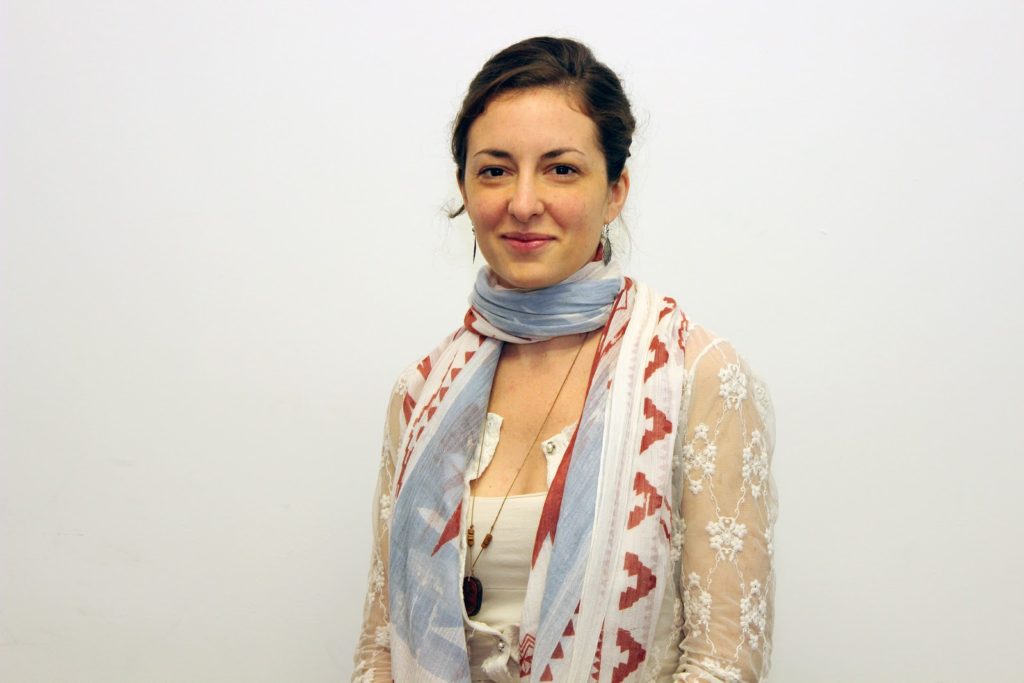
Debbie Gonzalez Canada
Researcher for the School of Ecosystem and Forest Sciences, at the University of Melbourne
Debbie Gonzalez Canada is a PhD Candidate researching participation in digital citizen science in the School of Ecosystem and Forest Sciences, at the University of Melbourne. She is part of The Waterway Ecosystem Research Group and a digital ethics tutor for “AI, Ethics and the Law”. She investigates how digital technologies (such as smartphones and drones) shape social experiences and practices of environmental monitoring participants. The focus of her research project is on participants’ social connections, nature connection and knowledge production. Debbie has a background in communication and cultural studies, and she is engaging with STS literature, digital sociology and digital ethnography. She learns through conversations, so you are most welcome to reach out to her via gonzalezd@student.unimelb.edu.au
Twitter: @ParticipatorySc
LinkedIn: https://www.linkedin.com/in/debcanada
Website: https://ess.science.unimelb.edu.au/debbie-gonzalez-canada/
Dismantling unhelpful binaries in citizen science: 5 research insights in 5 minutes
My research project looks at public participation in environmental monitoring, and how the experiences and practices of volunteers are shaped by digital tools such as smartphone apps. In this brief presentation for citizen science (CS) researchers and practitioners, I would like to question binaries that are often used when discussing CS. Some of those binaries are: 1) volunteers and organizers; 2) dabblers and super contributors; 3) virtual / digital and analogue; 4) individual and group activities; and 5) nature connection and disconnection. The presentation is informed by initial insights coming from qualitative fieldwork and the (ongoing) critical literature review.
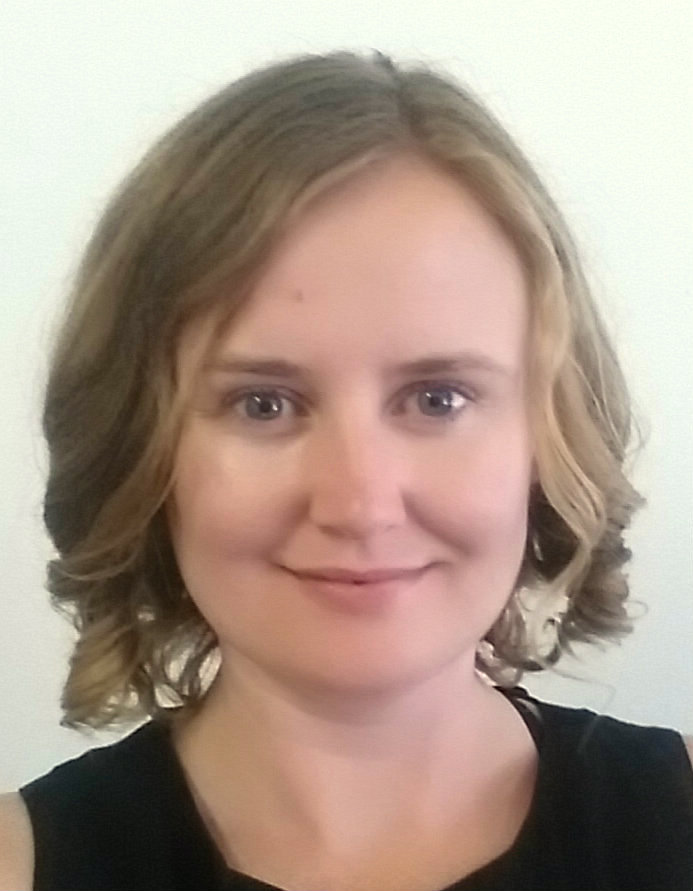
Dr Cobi Calyx
Postdoctoral Fellow – Science for Impact
Dr Cobi Calyx joined the Centre for Social Impact at UNSW in 2019 as a Research Fellow after graduating from her ANU PhD in science communication and deliberative democracy in 2018. She also joined the ACSA Management Committee last year after being a founding member. She has earlier qualifications in health promotion, international studies and journalism, as well as experience with Australian Aid-funded projects in Asia and the Pacific. During her PhD she was a Visiting Scholar at Melbourne Law School and taught in Masters courses in the University of Melbourne on interdisciplinarity, environment and global governance. Dr Calyx has more than a decade of experience working at the intersection of environmental governance, science communication, health promotion and disaster response. She has been employed in governance organizations ranging from the UN in Geneva to state environment and disaster response agencies.
Twitter: @cobicalyx
LinkedIn: https://www.linkedin.com/in/cobicalyx
Improving an open framework for citizen science evaluation
Cobi will build on research shared in this and the previous session in considering how Australian citizen science learnings can contribute to improving an international framework for citizen science evaluation. She will discuss the CARE principles for Indigenous data governance as important alongside the FAIR principles of scientific data management, drawing on research discussed earlier in the workshop for examples.
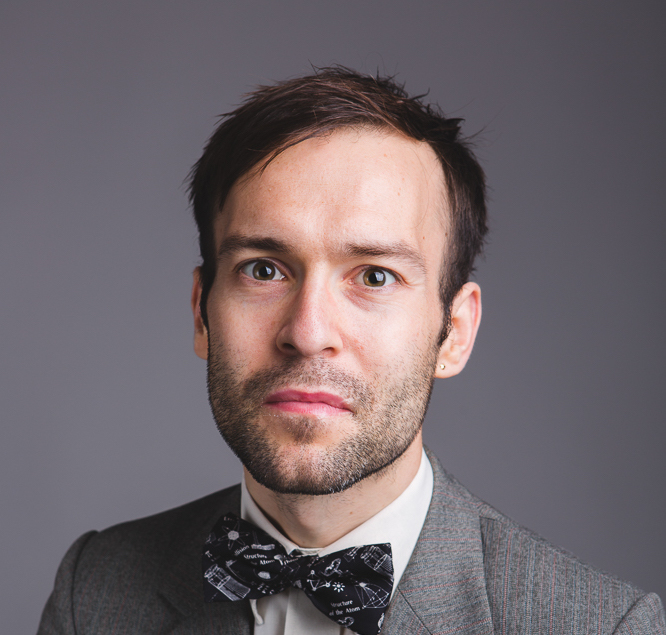
Dr Sam Illingworth
Science and Communication, University of Western Australia
Dr Sam Illingworth is a Senior Lecturer in Science Communication at the University of Western Australia, where he leads the Science Communication programme and teaches citizen science. His research is concerned with using poetry and games to develop dialogue between scientists and citizens.
Twitter: @samillingworth
LinkedIn: https://www.linkedin.com/in/samillingworth/
Website: www.samillingworth.com
ORCID: 0000-0003-2551-0675
Teaching Citizen Science
The University of Western Australia is now teaching citizen science as part of its Master of Science Communication. This unit looks at citizen science from an interdisciplinary perspective and examines key themes and issues such as participation, motivations and engagement, appropriate technologies, data quality and management, intellectual property, ethical issues, and policy implications. What does this look like in practice, how is it assessed, and what are the experiences and expectations of the students?
Disaster Response Stream
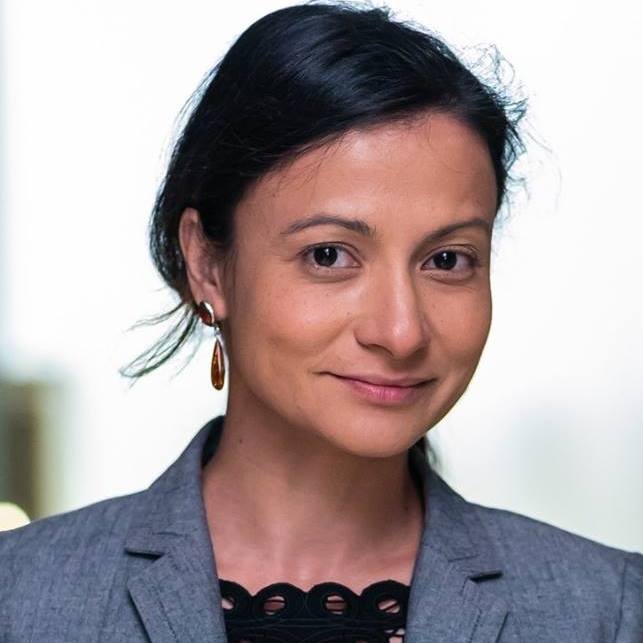
Dedicated to connecting communities to each other and their changing environment, Julia Kumari Drapkin is the CEO and founder of ISeeChange. ISeeChange mobilizes communities to share stories and micro-data about climate impacts to inform and improve climate adaptation and infrastructure design. Drapkin founded ISeeChange after a decade of reporting natural disasters and climate change across the globe and in her own backyard on the Gulf Coast. ISeeChange has received national and regional awards, as well as recognition by the Obama White House Climate Data Initiative, NASA, MIT Solve, Echoing Green, Grist, and the American Association for the Advancement of Science. Prior to journalism, Julia did anthropology research for 7 years in Central America.
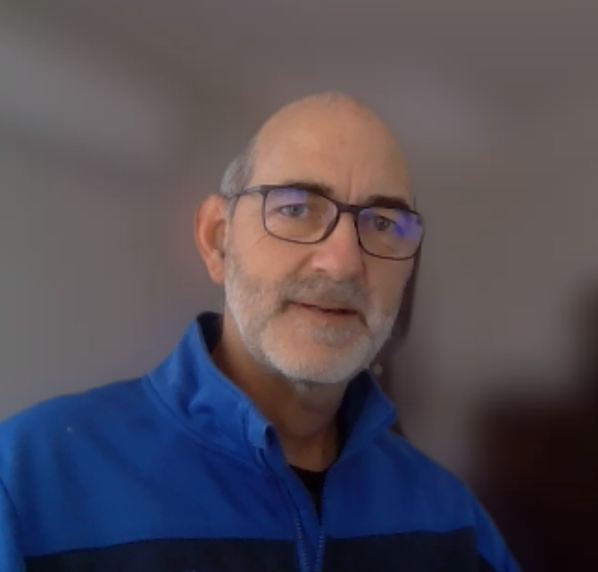
Matt Miles
Principal for Environmental Information
South Australia Department for Environment and Water
Watch the video
Matt is a geographer and spatial scientist who has worked in SA Government for over 20 years. His team manages SA’s biological data systems and standards in support of projects large and small.
Citizen Science is enabling the global community to get involved in bushfire recovery work and COVID has changed the way the community volunteers. DEW is using remote volunteers to compile valuable ecological data from bushfire affected Kangaroo Island. Using DigiVol, citizen scientists are tagging images of animals taken from motion sensor cameras, providing a more comprehensive dataset than internal resources alone would enable.
Related links
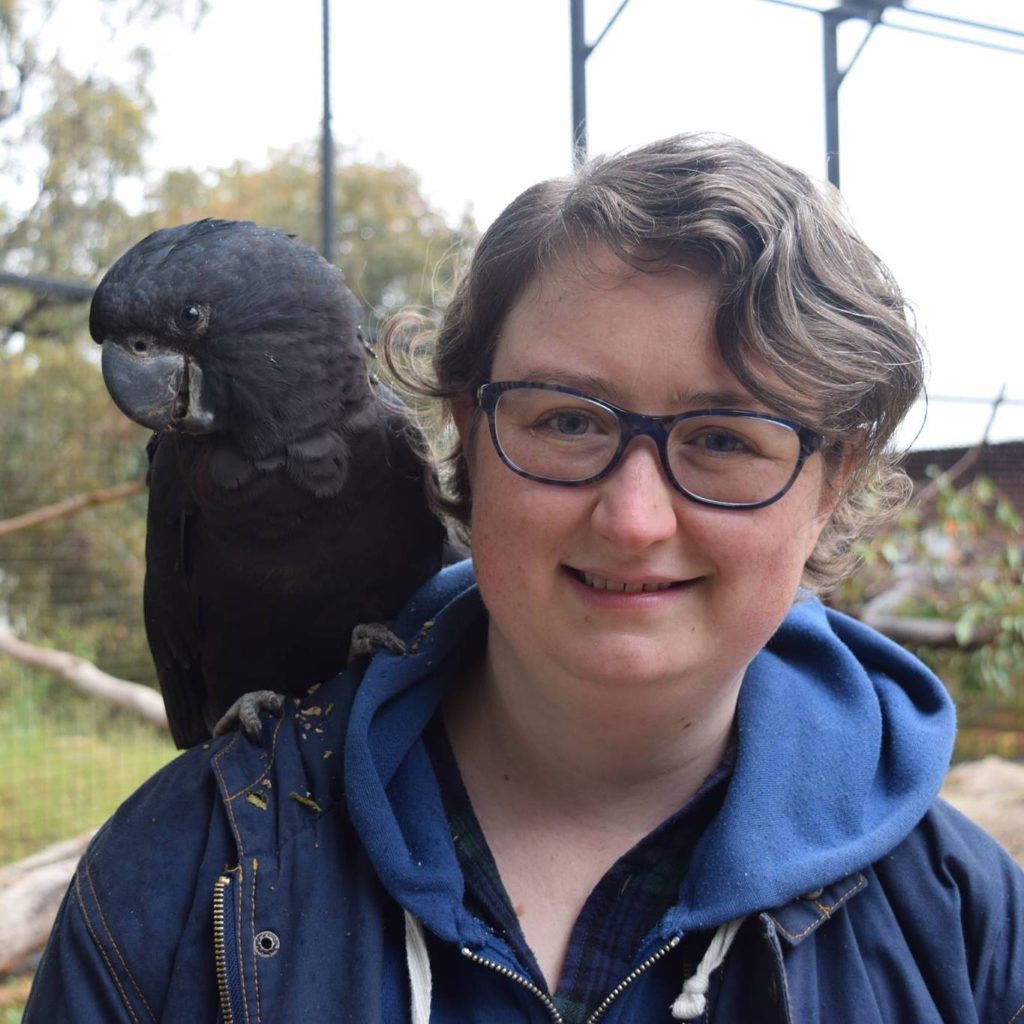
Erika Roper
Early Career Researcher and convener of the citizen science project Hungry Parrots
Watch the video
Erika is currently researching the diet and foraging behaviour of the Forest Red-tailed Black-cockatoo (Calyptorhynchus banksii naso) in Perth. Red-tails are a threatened species inhabiting a novel environment and Erika is working towards a better understanding of their behaviours and needs in order to inform management decisions and ensure their presence in the southwest for centuries to come. The Hungry Parrots project was started so that we can record the changing diets of parrots in Australia. Many parrots adapt well to new and changed environments, including urban areas, by finding and exploiting new food resources. I am interested to see if the recent devastating fires have caused parrots to range further and add new foods to their diets as their usual food supplies were impacted.
Additional Resources…
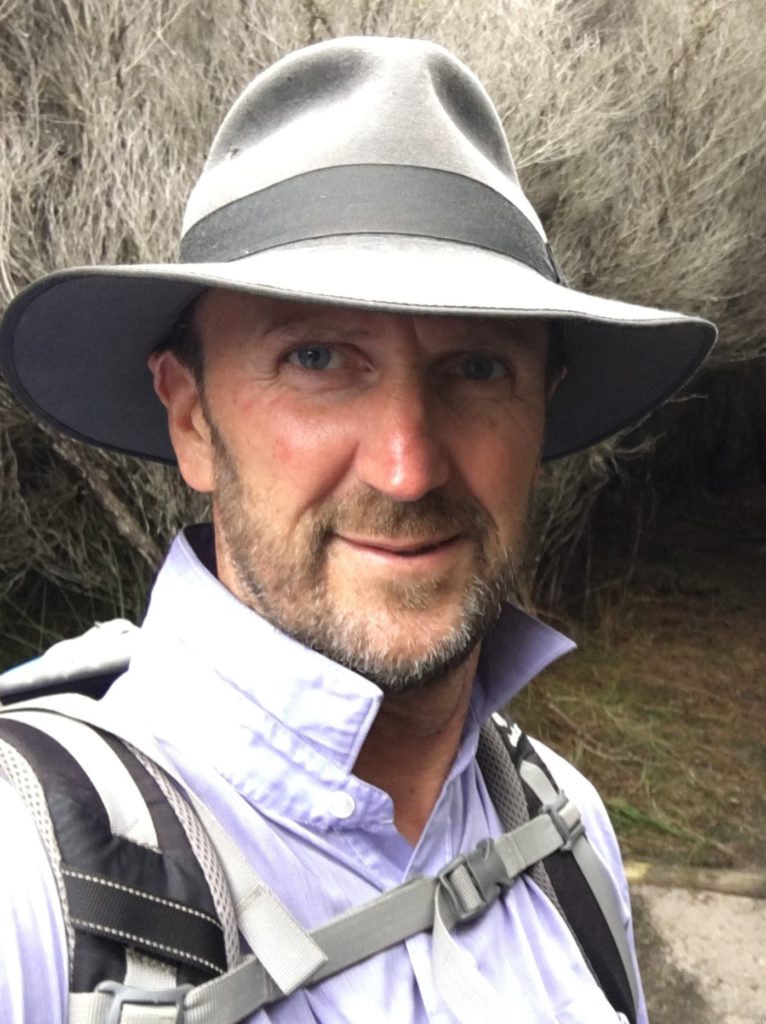
Paul has pre-recorded a video contribution for attendees of this sessions.
Paul joined the Australian Museum in 1998, and has been instrumental in building the Museum’s reputation as a world leader in biodiversity informatics.
Paul began working in citizen science in 2011 when he established the DigiVol project, a collaboration between the Atlas of Living Australia and the Australian Museum which is recognised globally as an innovative best practice volunteer program for digitising natural history collections.
In 2015 Paul became the Manager of the Australian Museum Centre for Citizen Science. In that role he has been responsible for the Australian Museum’s citizen science program, running existing projects such as DigiVol and developing new projects like FrogID, Wildlife Spotter and Australasian Fishes.
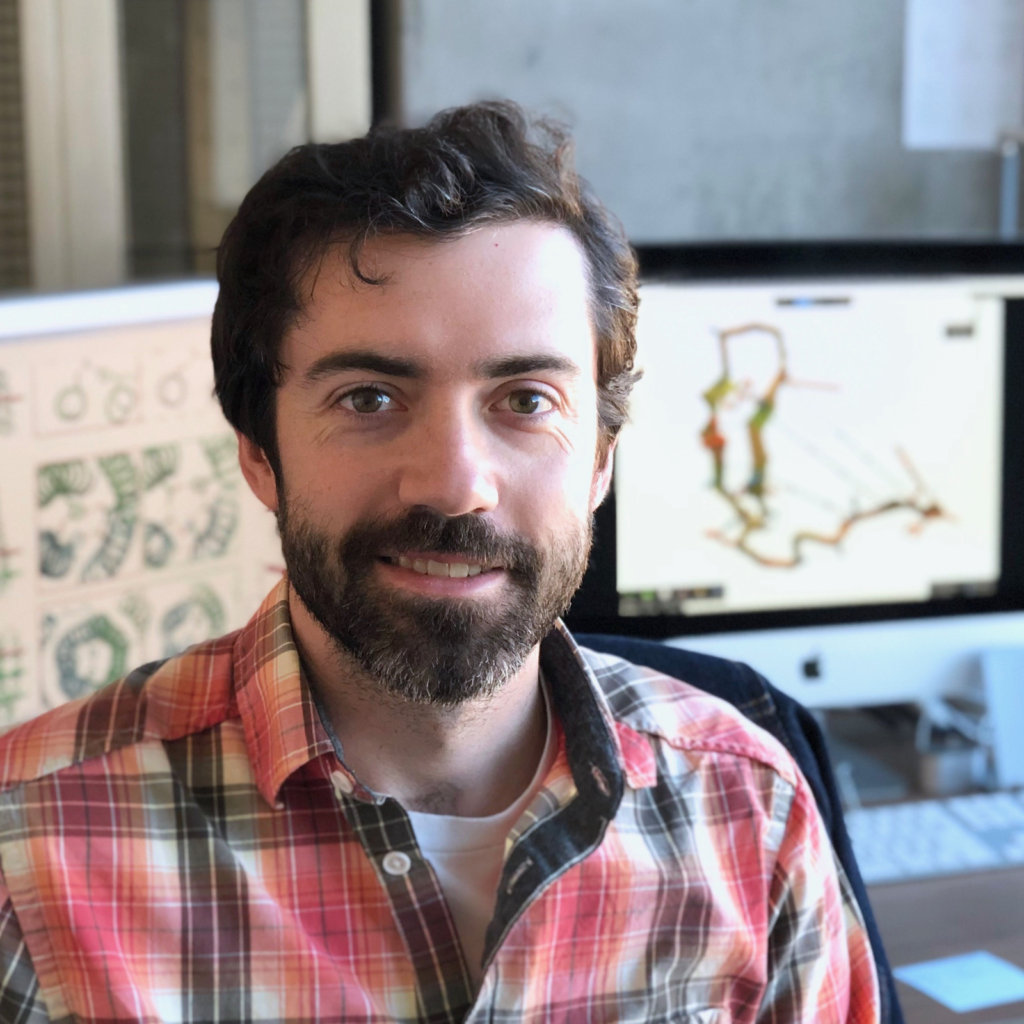
Brian Koepnick
Research Scientist at the University of Washington and developer of FoldIt.
Watch the video
Sadly Brian can’t be there on the day but he has pre-recorded a feature talk to tell you all about Foldit and what a wild year it has been for everyone involved.
Foldit is a protein folding game used to crowdsource research in biology and medicine. A 2019 breakthrough opened the door for protein drug design in Foldit, and we have rushed to leverage this for COVID-19 research. Since February 2020, Foldit citizen scientists have been designing protein drugs for COVID-19, which are tested in labs at the UW Institute for Protein Design.
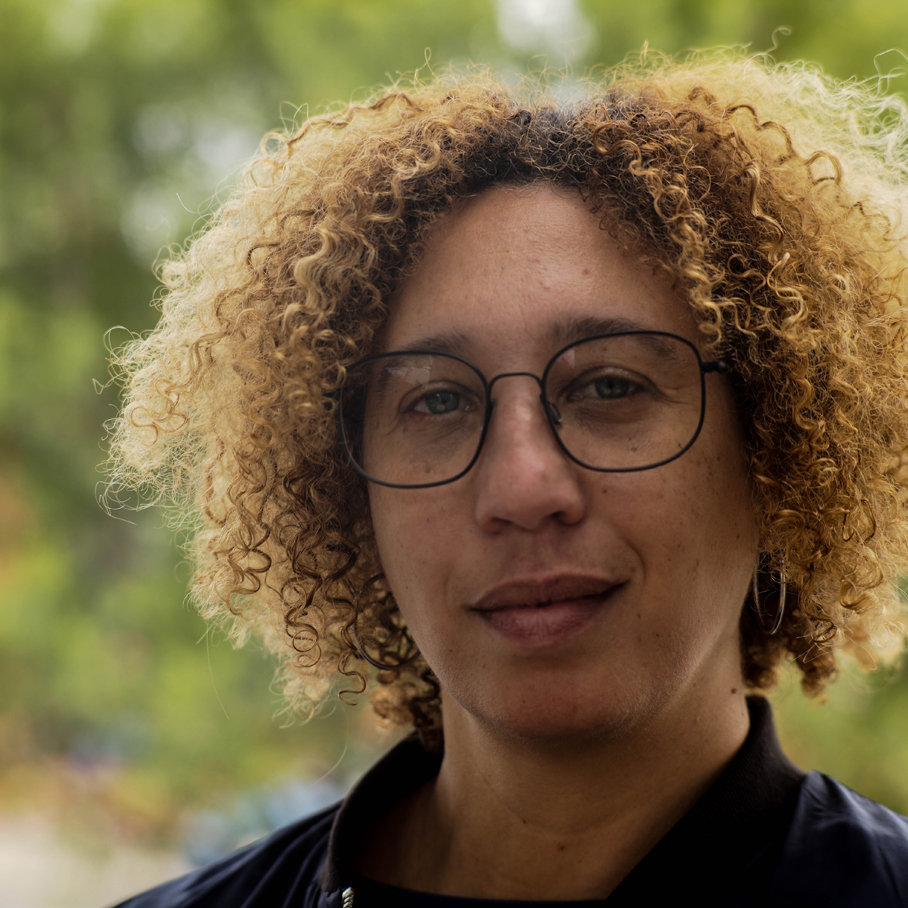
Angela Eaton has a wealth of experience in sustainable systems design in urban water infrastructure and is a contributing author to Columbia University’s Graduate School of Architecture Planning and Preservation’s publication Innovations in Urban Water Infrastructure and has served as a SXSW Eco Advisory Board member. She participated as a member of the Civil Society Working Group during the United Nations Habitat III process and remains involved with the UN-Habitat’s international non profits and women’s organizations. Angela was once awarded mayoral recognition by the City and County of San Francisco for her use of technology to assist the City in meeting its green house gas reduction goals and is now excited to support Safecast’s citizen science efforts as a means to satisfy the curious and empower individuals in their communities.
Resilience Session

Dr Geoff Garrett
ACSA Patron and former Queensland Chief Scientist and Chief Executive of CSIRO
Geoff is the former Queensland Chief Scientist (2011-2016) and has also led two of the world’s major national research and development organisations, CSIRO in Australia (2001-2008) and CSIR in South Africa (1995-2000). He currently lectures in leadership and change management and provides coaching support in these areas to academics and to senior officers of the Australian Public Service. In addition to his role as Patron of ACSA, currently he is also Deputy Chair of the National Youth Science Forum.
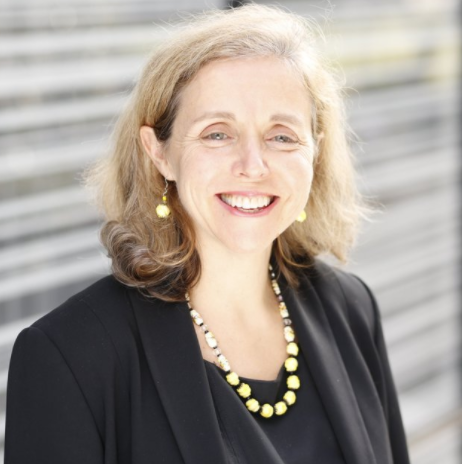
Jo White
Director, Science, Education and Conservation, Australian Institute of Botanic Science, Royal Botanic Gardens Sydney
Jo has over 25 years of State government experience operating at a senior officer level in the areas of science leadership, environmental management, policy development and program delivery. She has contributed to creating over a million hectares of new national parks and led world leading science in collaboration with CSIRO to understand the status of biodiversity in NSW. She has led successful science strategies designed to align science to deliver government and stakeholder priorities. She has created new capabilities in citizen science and social research. In her current role she leads a large team and is establishing a new National Herbarium of NSW and leading the biggest herbarium digitisation program
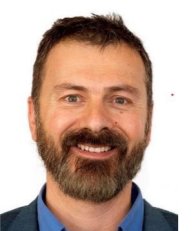
Adrian Turner
Chief Executive Officer, Minderoo Foundation Fire & Flood Resilience Initiative
Adrian is an experienced corporate leader and has a strong track record of building innovative companies and organisations that tackle complex challenges. At Minderoo Foundation, Adrian is CEO of the Fire Fund Initiative which was established in January 2020 with a $70 million commitment from Andrew and Nicola Forrest. The collaborative Initiative aims to see Australia become a global leader in fire and flood resilience by 2025. The initiative is also working with communities to help them respond and recover from the devastating 2019-20 Black Summer bushfires. In addition to his responsibilities at the Minderoo Foundation Adrian co-chairs AustCyber, the national Program to build a vibrant domestic cybersecurity industry. Prior to joining the Minderoo Foundation, Adrian was the founding CEO of CSIRO’s Data61, the data and digital specialist arm of Australia’s national science agency. He previously spent 18 years in Silicon Valley and was co-founder of Borondi Group, cofounder and CEO of Mocana Corporation, had profit and loss responsibility for Philips Electronics connected devices infrastructure and was Chairman of the Board for Australia’s expat network, Advance.org. Adrian is an avid reader and writer with deep interests in AI, data economics and biosecurity, as well being an artist. He graduated from UTS and completed the Executive Program for Managing Growth Companies at Stanford University and authored the book BlueSky Mining – Building Australia’s Next Billion Dollar Industries.
Additional Resources…
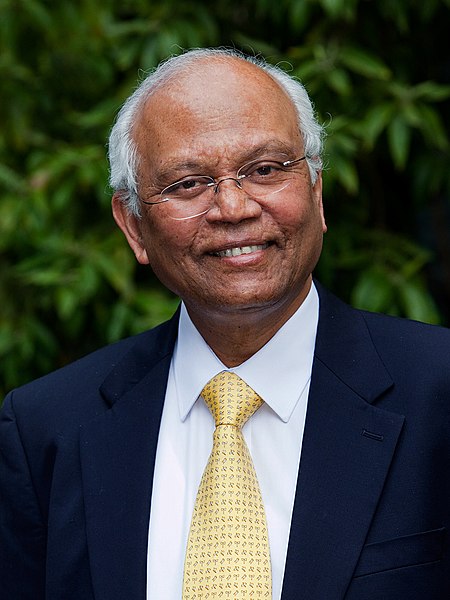
Dr Ramesh Mashelkar is unable to join us live but he and ACSA’s chair, Erin Roger had an interesting discussion prior to the session that they have recorded and make available for you to watch.
Director General of Council of Scientific and Industrial Research, Chairman of National Innovation Foundation as also the President of Indian National Science Academy, Global Research Alliance and Institute of Chemical Engineers (UK). He has been honoured as a Fellow of Royal Society, Foreign Fellow of US National Academy of Science as also Engineering, Foreign Associate of American Academy of Arts and Science & Fellow of US National Academy of Inventors. He has been elected to the Fellowship of both Australian Academy of Science and Australian Academy of Technology and Engineering.
Dr Mashelkar has had a record stint as Sir Louis Matheson Distinguished Professor at Monash University during 2007-2020. He has been honoured with honorary doctorates by 42 universities, which include Monash and Swinburne. The sixty plus awards won by him include the prestigious TWAS-Lenovo Science Prize, Business Week (USA) award of `Stars of Asia’& JRD Tata Corporate Leadership award. Dr. Mashelkar, who was a member of the Scientific Advisory Council to the Prime Minister for over thirty years, has been honoured with Padmashri, Padmabhushan, and Padma Vibhushan, three of the highest civilian honours in India. The devastation caused by the ongoing Coronavirus pandemic has brought out the importance of resilience. Dr Mashelkar has recently proposed 10 tenets to build a crises resilient innovation ecosystem and his ongoing optimism in the face of challenges. Find out more here www.mashelkar.com.
Connections and Partnerships Stream
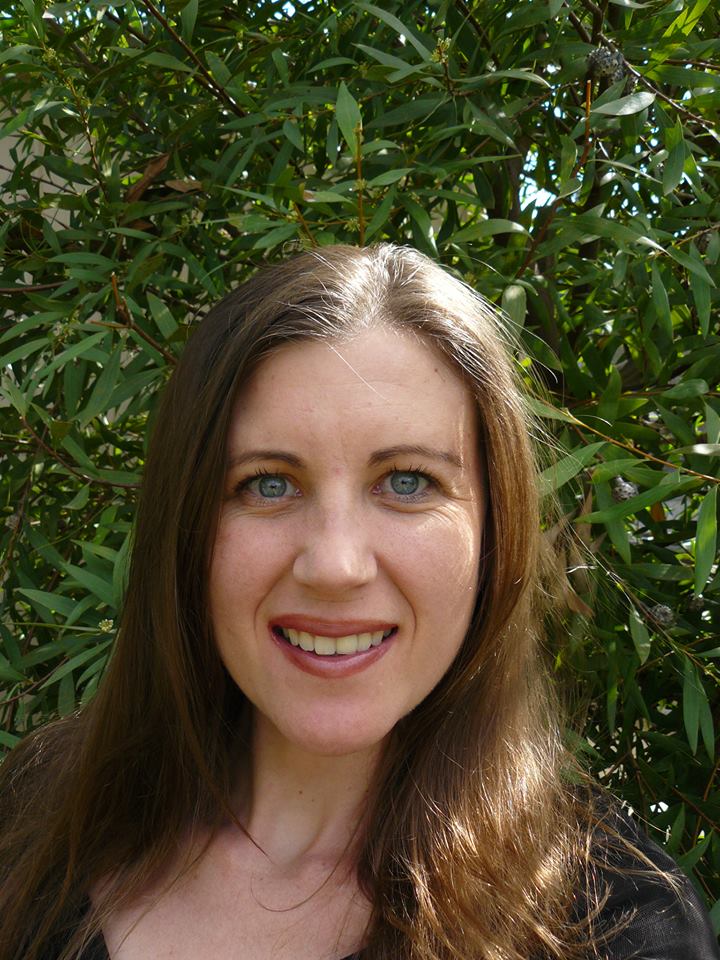
Allie Mokany
Department of Agriculture, Water and the Environment
Allie Mokany is a Science communication specialist with the Department of Agriculture, Water and the Environment, with over 10 years’ experience in translating on-ground research outcomes into information that can be used for practical decision making. She is the communication manager for the National Environmental Science Program acting as the conduit between public funded research and the translation of that research into useful products for influencing public policy.
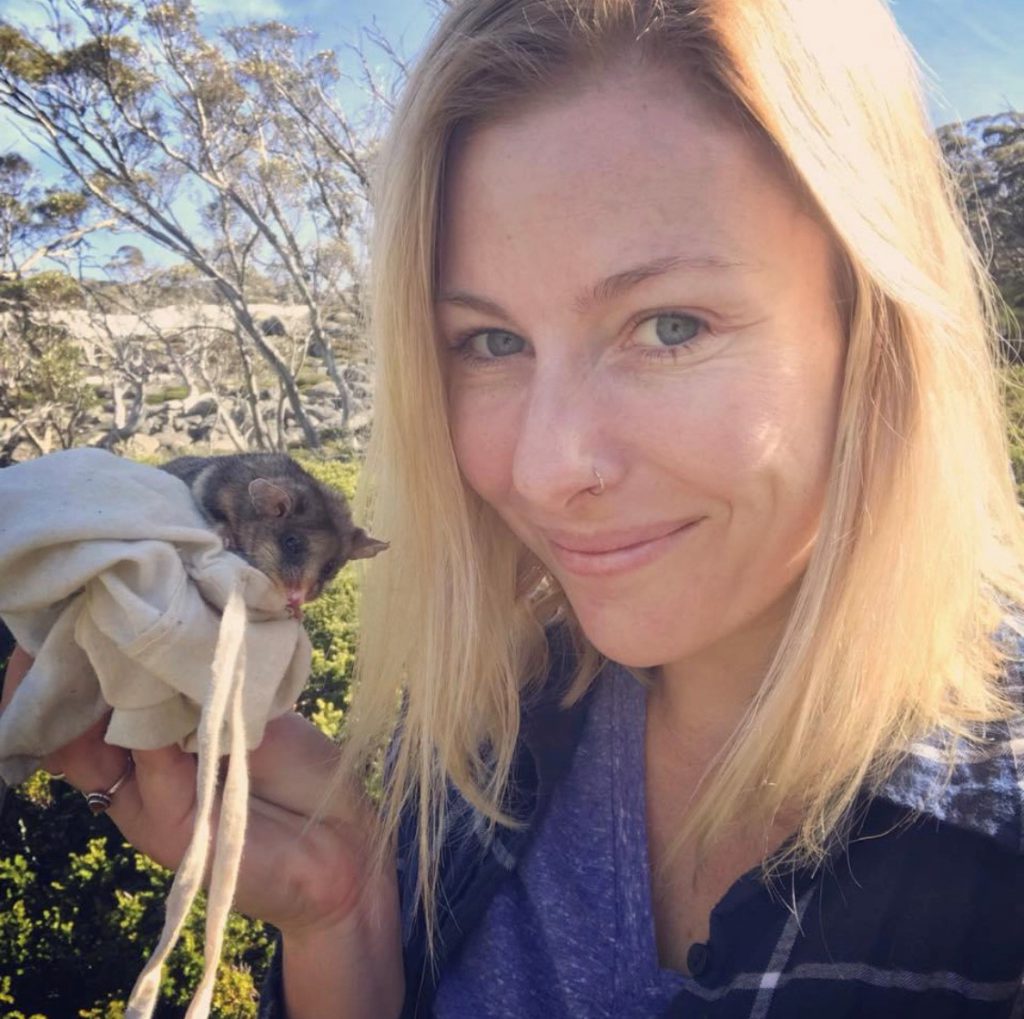
Cassie Thompson
Senior Advisor, NSW Natural Resources Commission
Cassie is an ecologist with a background in ecological consultancy, working for multi-national engineering companies and smaller boutique firms. After a decade in consultancy, she made the switch to government working as a biodiversity specialist at Transport for NSW. She is now working with the Natural Resources Commission, leading fauna work and guiding the Citizen Science Strategy under the NSW Forest Monitoring Improvement Program. The Program aims to deliver data-based evidence to improve management and outcomes for NSW forests, and where possible, harnessing the power of citizen science to help achieve this goal.
Cassie is passionate about Australia’s biodiversity and achieving ecologically sustainable outcomes, focused on providing robust and practical solutions to challenging ecological issues. She is also an avid volunteer, and has been assisting with the annual NPWS surveys of the Mountain Pygmy Possum in Kosciusko National Park for over 12 years, as well as other citizen science projects throughout the State.
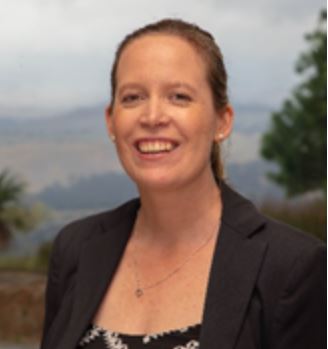
Anntonette Dailey
Executive Director, Operations and Communications at the Australian Space Agency
Anntonette is an Executive Director at the Australian Space Agency and commenced in the Agency soon after it was established in July 2018. Anny is responsible for the operations of the Agency and ensuring it meets its government requirements as well as establishing its governance arrangement. In addition to managing the parliamentary interaction, finances, human resources and event management, Anny is also responsible for all communications for the Agency and has a personal goal to meet the key values of the Agency – namely to inspire Australians and ‘do cool stuff’.
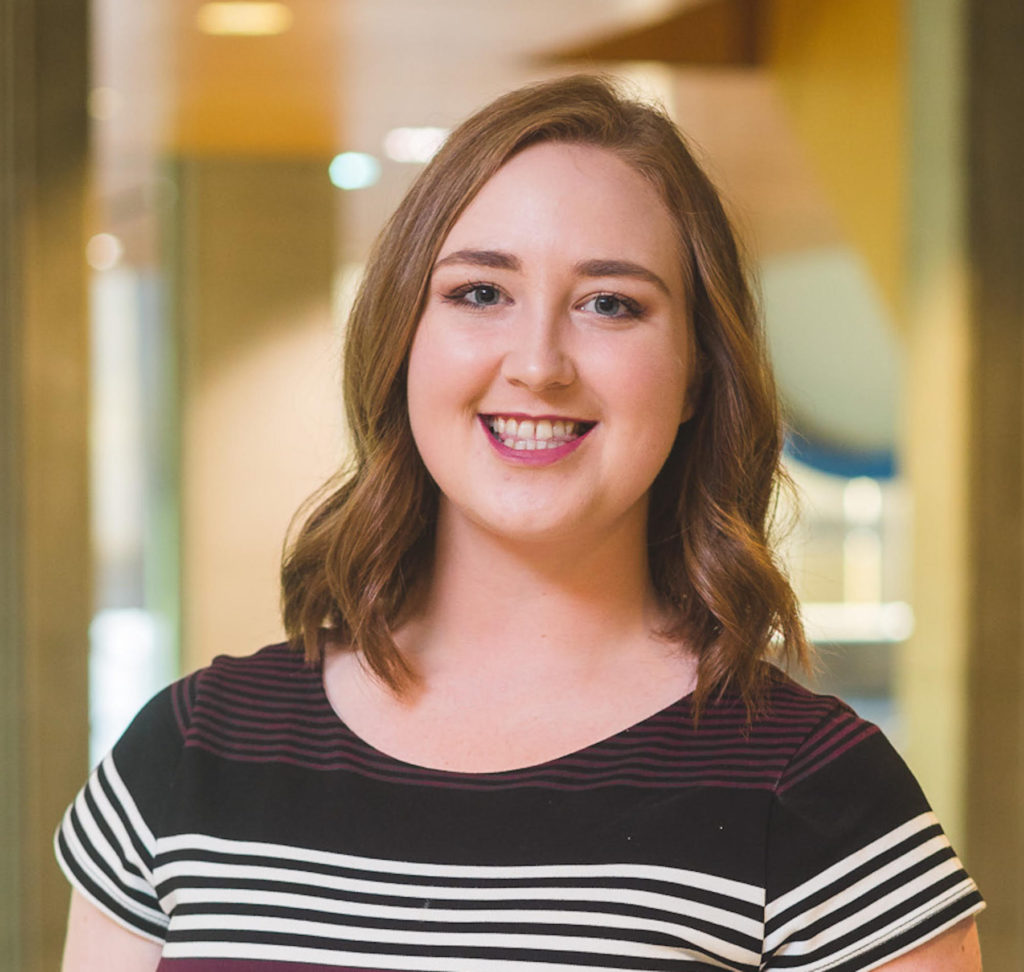
Tahlia Perry
Environment Institute, University of Adelaide
Tahlia Perry is a finishing PhD student at The University of Adelaide, where she has combined her passions for molecular biology and public outreach to aid in conservation and captive breeding of the iconic short-beaked echidna. During her PhD, Tahlia created and continues to run the Australia-wide citizen science project EchidnaCSI. This project has engaged thousands of the general public to submit echidna sightings and scat material in order to gain unprecedented insights into wild echidna populations across the country. Tahlia will discuss how EchidnaCSI joins together various research fields such as ecology, genetics and microbiology in combination with citizen science to increase the knowledge surrounding the biology and health of wild echidnas. Tahlia will also discuss the partnerships formed between EchidnaCSI and Taronga and Perth Zoos to inform better captive management and breeding of echidnas.
Additional resources…
Dr Sam Illingworth can’t be with us on the day, however, he has recorded a video presentation for you to enjoy – Ten Principles of Citizen Science
Dr Sam Illingworth is a Senior Lecturer in Science Communication at the University of Western Australia, where he helps to lead the Science Communication Unit. His research involved developing dialogue between scientists and non-scientists through the media of poetry and games. You can find out more about his research at www.samillingworth.com, and connect with him on Twitter @samillingworth.
Dr Marc Smith is a sociologist specializing in the social organization of online communities and computer mediated interaction. Marc leads the Connected Action consulting group http://www.connectedaction.net/marc-smith/) and lives and works in Silicon Valley, California. Marc co-founded and directs the Social Media Research Foundation (http://www.smrfoundation.org/), a non-profit devoted to open tools, data, and scholarship related to social media research. Marc’s research focuses on computer-mediated collective action: the ways group dynamics change when they take place in and through social cyberspaces. He also contributes to the NodeXL project (https://nodexlgraphgallery.org/Pages/Registration.aspx) that adds social network analysis features to the familiar Excel spreadsheet. NodeXL enables social network analysis of email, Twitter, Flickr, WWW, Facebook and other network data sets.
Innovation Stream
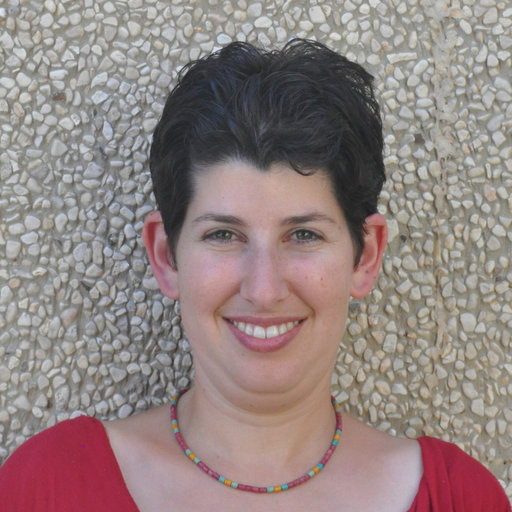
Dr Yaela Golumbic
Postdoctoral fellow at the University of Sydney and Science communication researcher
Watch the video
Yaela Golumbic is a science communication researcher, emphasizing on citizen science as a way for enhancing public participation and engagement with science. She is a postdoctoral fellow at the University of Sydney, where she is leading the research on student and public participation in the Breaking Good initiative. Yaela is designing a holistic framework for measuring citizen science project success, one which acknowledges the various meanings and definitions of success by multiple stakeholders involved in the project- students, teachers, scientists and more. Yaela has developed, designed and managed several citizen science projects, focusing on co-creation processes and examining its benefits and challenges for science and society.
She is leading the evaluation and social research, and co-leading engagement for the Breaking Good Initiative, an international citizen science initiative that empowers members of the public to be active researchers in projects that will improve human health. To date, Breaking Good includes lab-based projects exploring the synthesis of new drug candidates or the recreation of expensive medicines with high school students and undergraduates, and an online project exploring the accessibility of the world’s most important medicines.
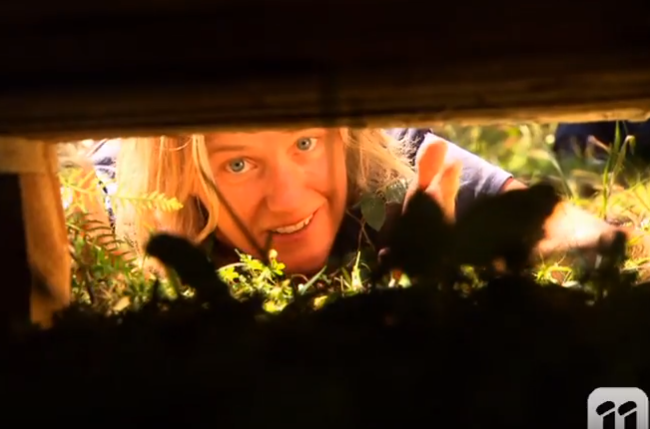
Dr Jasmin Packer
Research Fellow at the University of Adelaide’s Environment Institute
Watch the video
Dr Jasmin Packer is a Research Fellow in The University of Adelaide’s Environment Institute, Vice President of Fungimap Inc., Australia’s national NGO for our native fungi, and Co-Founder of iBandi, a creative little pop-up citsci project designed for endangered bandicoots in novel habitats. Together with PhD Candidate, Matt Bowie, she is also discovering new ways to engage citizen scientists as Co-Convener of University of Adelaide’s Ecology and Evolution Seminar Series. But most of all, Jasmin is passionate about finding better ways to protect our most threatened communities and species.
Innovating for a better world: kick-starting a conversation on principles for innovation in citizen science
Can you imagine a world where volunteers kick-start campaigns that change the way we protect nature? Growing up in a farming family along Adelaide’s River Torrens floodplains, fired Jasmin’s passion to discover better ways to protect nature. We hope you can join us to explore how South Australia’s roots in discovery and equity are driving innovation by citizen scientists with scientists – and what we can learn from the Inspire. Innovate. Impact. principles underpinning these projects.
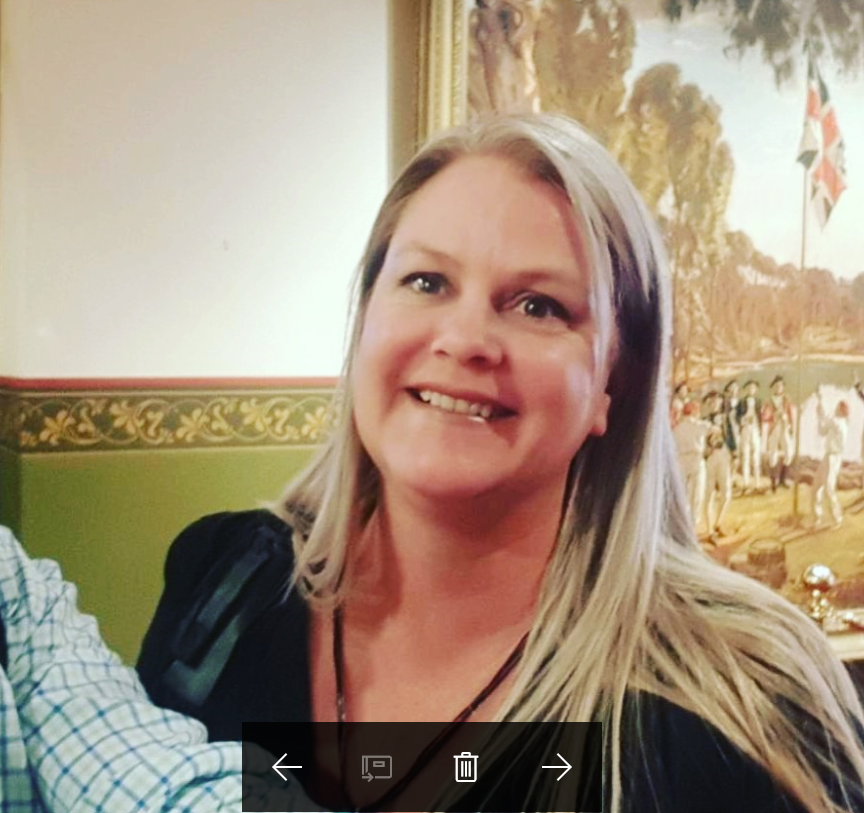
Dr Michelle Blewitt, is a Marine Scientist with a passion for education, research and conservation and currently the Program Director of AUSMAP – Australian Microplastic Assessment Project (Total Environment Centre, Sydney).
With a PhD in marine mammal bioacoustics and the effect of anthropogenic disturbance, her main focus is now marine debris, particularly microplastics – designing and implementing research and education programs based on microplastic hotspots and impact of litter in the aquatic environment. She is also an Adjunct Lecturer in the College of Science and Engineering at Flinders University of South Australia and a Research Associate in the Marine Studies Institute (MSI) at The University of Sydney, where she continues her research on marine mammals. She is a passionate environmental scientist and has been working with the team at the Total Environment Centre since early 2017, educating and empowering young and old about the impact of marine debris and raising community awareness.

